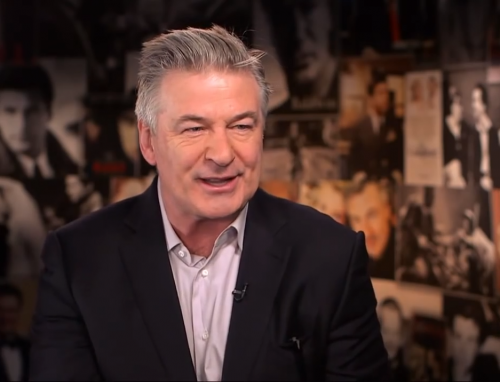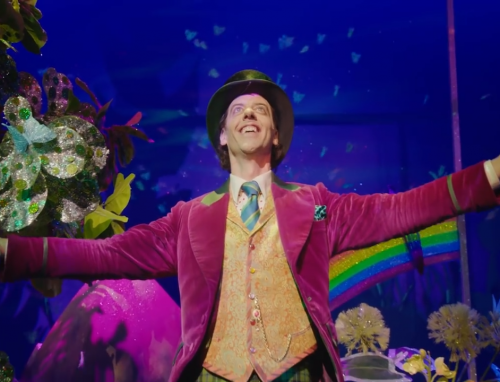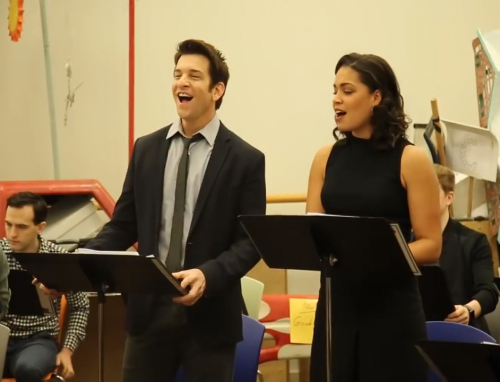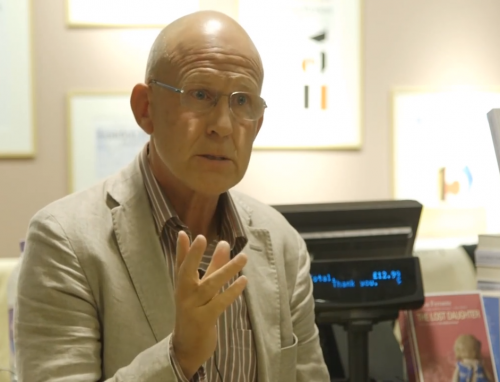‘Roe’: Can A Play Influence The Moral And Legal Status Of The Ongoing Controversy Regarding On The Abortion Rights?
Lisa Loomer comes up with a play entitled "Roe" basing on the legendary Supreme Court verdict in Roe v. Wade. This verdict establishes a woman's lawful right to an abortion and made most state efforts to control abortion practices unlawful. Lisa Loomer's production of "Roe" opens during a time of renewed ambiguity over a woman's right to choose.
"Roe" is all about the history of Norma McCorvey (the "Roe" of the court case) and her lawyer Sarah Weddington. It is a production that considers a crucial issue in American politics. But, the playwright, Lisa Loomer, didn't expect the timing of "Roe" to coincide with newly inaugurated President who is strictly opposing to the rights of abortion. Loomer said that the play has become accidentally urgent.
"Roe" shapes its story around the two women at the center of Roe v. Wade, the 1971 case about the protection of the abortion rights. The then-26-year-old attorney, Sarah Weddington who claimed on behalf of the complainant, and Jane Roe, also known as Norma McCorvey, a young Texan woman who sought to end her pregnancy in early 20's.
According to The Atlantic, "Roe" is deeply an interesting play, although Loomer says it isn't certainly intended to outgrowth debate. Loomer said that what she wanted to do was tell a very human story so that someone on one side could begin to hear the feelings, the thoughts, the story of the other side. Roe, then intended to let the people know not just on the history of the abortion debate, but also on the people being affected by it.
Though many Americans view that abortion is immoral, most people still believe that Roe and the "right to choose" were significant step forward for women's rights in the U.S. In fact, Roe illustrates the worst of legal procedure, both in the lies pretend on behalf of the U.S. abortion industry and in the contortions that Blackmun established to justify the Court's terribly undemocratic result, which leads the way for the legalized killing of unborn children, says National Review.
"Roe" acknowledges that influence can take unpredicted forms. That is when one scene revealed that Justice Harry Blackmun, who wrote the majority opinion in Roe v. Wade, was strongly affected by the opinions of his wife and daughter. Loomer said that we are constantly making choices because we are only humans. She hopes that works of art and entertainment can help inform those choices, not just with knowledge, but with empathy and consideration.
Loomer gets to discover that abortion is both a political issue and a personal one. "Roe" intended to dissipate assumptions that this is an easy issue for anyone. Loomer lets all sides of the several arguments to be heard, in a way by including real-life characters such as the captivating Flip Benham (Jim Abele), an Evangelical minister and anti-abortion activist.
© 2025 The Classical Arts, All rights reserved. Do not reproduce without permission.TagsRoe, Abortion, Lisa Loomer, Loomer










